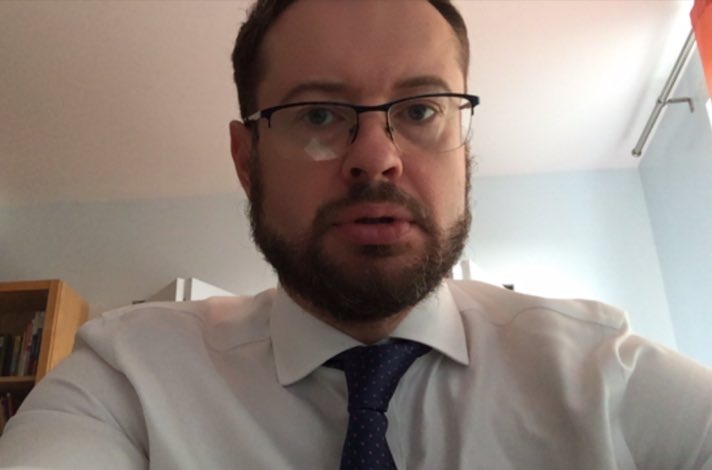Statement of the Deputy Permanent Representative Mr. Dmitry Chumakov at the side-event “Unlocking the full potential of catalytic philanthropic capital for the (SDGs)”
Good morning Ladies and Gentlemen,
I would like to welcome you all at this important event dedicated to the role of philanthropy in achieving the SDGs. It is great to have such an impressive panel comprised of the representatives of UNDP as well as corporations and philanthropic organizations from BRICS countries. I wish everyone a successful and productive meeting.
Philanthropy and voluntary giving have always been crucial for survival and development of nations. Now in the decade of action, with the pandemic still ongoing, the importance of raising funds, including philanthropic donations, for sustainable development has become evident as never before.
I would like to take this opportunity and concentrate my intervention on a few examples from own country. Yet in the Russian Empire the Romanov family dedicated a lot of time and effort to philanthropic activities. For example, back in the 19th century Emperor Alexander the First organized the “Imperial Humane Society” aimed at helping all people in need “irrespective of age, sex and religion”; Alexander the Third and his spouse Maria Feodorovna supported 17 shelters for sick people and orphans, their daughter-in-law Aleksandra Feodorovna and her family supported various medical assistance programmes for the people injured during the First World War. Famous patrons of art Savva Mamontov and Pavel Tretyakov contributed to the cultural development of the nation by opening public galleries as well as supporting artists and their families.
Nowadays philanthropy continues to play an important role in the development of Russia. The Concept of Developing Volunteerism aims at involving 20% of the population in volunteering activities. Businesses and enterprises are also becoming active contributors to the achievement of SDGs, as well as catalysts of private investments of their clients. For example, “Aeroflot Russian Airlines” runs a programme through which their passengers can donate their “miles” to the 5 charities Aeroflot cooperates with; Russia’s companies issue climate obligations that can be used the areas of energy, transport and infrastructure; large corporations invest money in education, including to support students from specialized fields, an example of this is partnership of “Rostekh” corporation with aviation universities within the country, individual donors with large capitals often establish their own charity funds dedicated to helping children and people with disabilities, supporting science, culture and education.
I would be happy to continue with particular examples, some of which are also mentioned in Russia’s Voluntary national review, but in the interests of time, I will stop here and pass the floor to my fellow participants.
Thank you.
